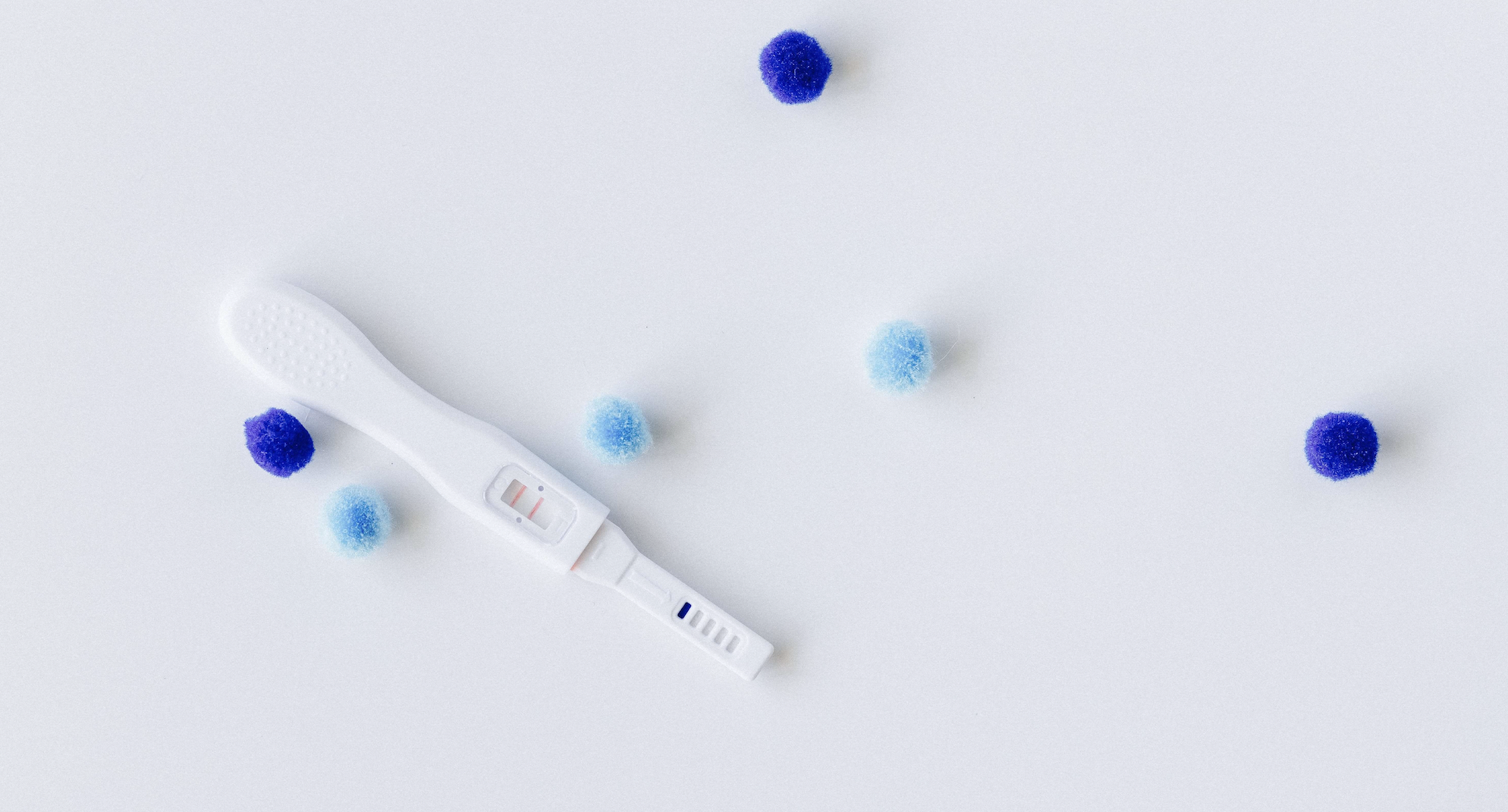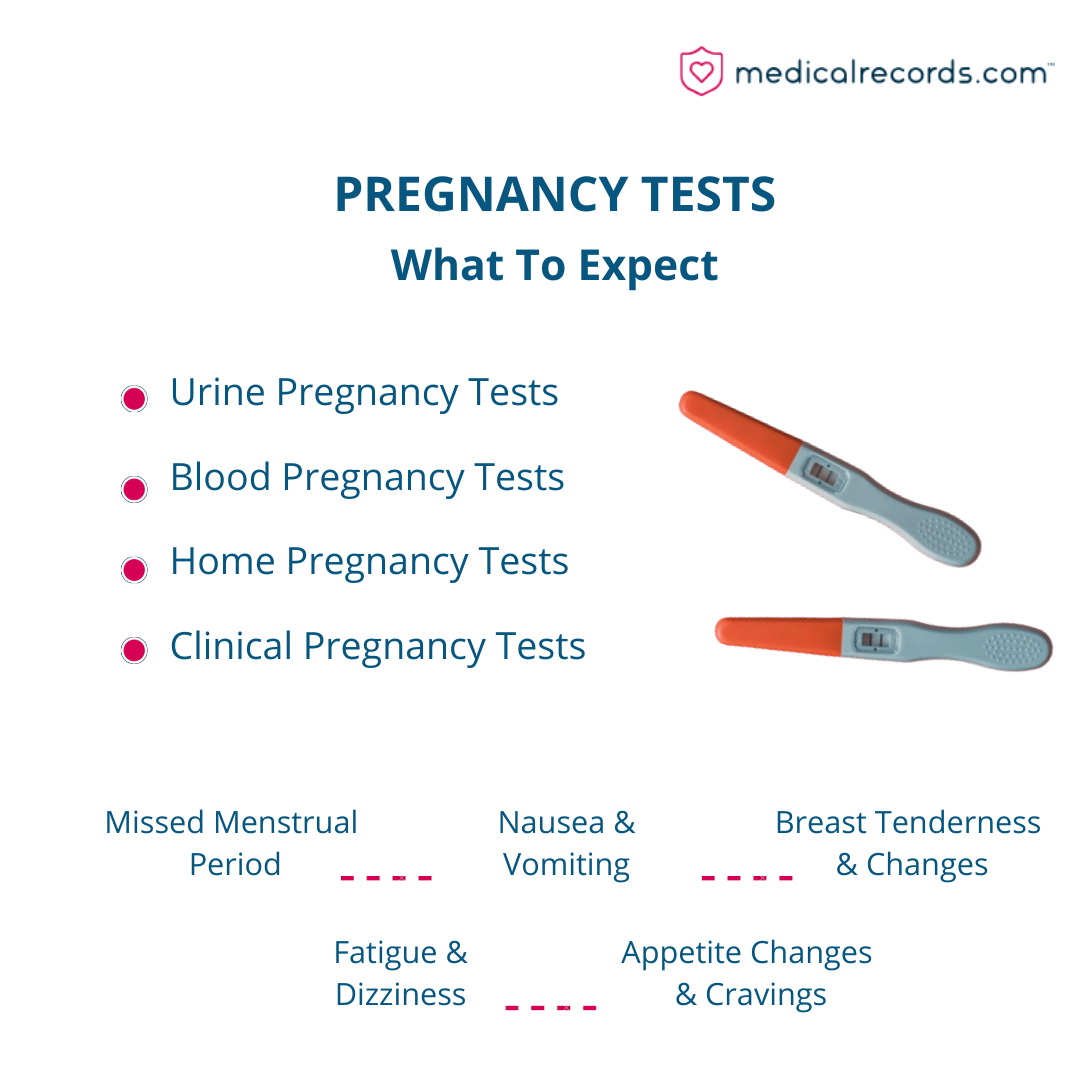Pregnancy testing is a crucial step for individuals who suspect they may be expecting. It provides valuable information that can help guide decisions and ensure the health and well-being of both the individual and the potentially developing fetus. Pregnancy testing is a tool that allows individuals to find out if they are pregnant by detecting specific hormonal changes in the body.
Recognizing pregnancy symptoms is often the first step in determining whether a pregnancy test is needed.
Common symptoms of pregnancy may include:
- A missed menstrual period, which is often the first and most noticeable sign of pregnancy.
- Nausea and vomiting, commonly referred to as “morning sickness,” which can occur at any time of day.
- Breast tenderness and changes, such as swelling or increased sensitivity.
- Fatigue and dizziness, as the body undergoes hormonal shifts.
- Changes in appetite and cravings for specific foods or food groups.
Types of Pregnancy Tests
There are several types of pregnancy tests available, each with its own set of advantages and considerations.
These include:
- Urine pregnancy tests, which are simple, non-invasive tests that detect pregnancy hormones in urine. These tests are commonly available over the counter and can be taken at home.
- Blood pregnancy tests, which are conducted in a clinical setting and measure the level of pregnancy hormones in the bloodstream.
- Home pregnancy tests, which are similar to urine tests but are specifically designed for at-home use. These tests are widely available at drugstores and pharmacies.
- Clinical pregnancy tests, which are administered by healthcare professionals and may include both urine and blood tests.
How Pregnancy Tests Work
Pregnancy tests work by detecting the presence of chorionic gonadotropin (hCG), a hormone which is produced by the placenta after implantation. The accuracy of pregnancy tests can vary (depending on the type of pregnancy test), with some tests being able to detect lower levels of hCG than others. Factors such as the timing of the test, the concentration of hCG in the body, and certain medical conditions can affect the accuracy of test results.
The timing of ovulation and implantation plays a key role in determining when to take a pregnancy test. In general, a positive test result can be expected approximately one to two weeks after ovulation and implantation. However, factors such as irregular menstrual cycles and variations in hormone levels can affect the timing of testing.
Taking a pregnancy test involves several steps, including choosing the right test, collecting a urine sample (for urine and home tests), and reading and interpreting the results. For clinical pregnancy tests, individuals will need to visit a healthcare professional who will administer the test and interpret the results.
Interpreting pregnancy test results is a critical step in the process. A positive test result indicates the presence of hCG and suggests pregnancy. A negative test result suggests the absence of pregnancy. However, an inconclusive test result may require further testing or consultation with a healthcare provider.
Home Pregnancy Tests
Home pregnancy testing offers several benefits, including convenience and privacy, cost-effectiveness, and the ability to obtain results quickly. However, there are also potential drawbacks, such as the possibility of false positives or false negatives. It is important to confirm the results of a home pregnancy test with a healthcare provider.
Following a positive pregnancy test, individuals should seek follow-up care with a healthcare provider to confirm the result and discuss options for prenatal care. Monitoring pregnancy health is essential to ensure the well-being of both the individual and the developing fetus.
Conclusion
Pregnancy testing is an important tool that provides valuable information for individuals who suspect they may be pregnant. Whether using a home test or seeking clinical testing, it is essential to understand how pregnancy tests work, how to interpret the results and the importance of seeking medical care during pregnancy. By staying informed and proactive, individuals can take the necessary steps to ensure a healthy and successful pregnancy journey.
FAQ
What is a dye stealer on a pregnancy test?
A dye stealer on a pregnancy test refers to an exceptionally strong positive result, where the test line appears even darker than the control line. This occurs when the levels of human chorionic gonadotropin (hCG) hormone in the urine are very high, causing the test to absorb more dye than the control line. Dye stealers are typically seen in pregnancies with higher hCG levels and often indicate that the pregnancy is progressing well.
When should you get a dye stealer pregnancy test?
A dye stealer pregnancy test is not a specific type of test, but rather a result that can be observed on a regular pregnancy test. To potentially see a dye stealer result:
- Test a few days after a missed period
- Use a highly sensitive pregnancy test
- Test in the morning when hCG levels are typically higher
However, keep in mind that not all pregnancies will produce a dye stealer, and the absence of one doesn’t indicate a problem with the pregnancy.
What does a blank pregnancy test mean?
A blank pregnancy test means that no lines appear in the result window, including the control line. This is usually an indication of a faulty or defective test, and it’s recommended to take another test to ensure accurate results. If you continue to receive blank tests, try a different brand or consult a healthcare professional for further guidance.
Can toilet water cause a false positive pregnancy test?
Toilet water is unlikely to cause a false positive pregnancy test result. However, it can potentially dilute the urine sample, making it harder to detect hCG levels and leading to a false negative result. To ensure accurate results, collect a clean urine sample in a sterile container and follow the test instructions carefully.
Can having a yeast infection affect a pregnancy test?
A yeast infection should not affect the accuracy of a pregnancy test, as these tests detect hCG hormone levels in the urine, which is unrelated to the presence of a yeast infection. However, if you’re experiencing discomfort or other symptoms, it’s essential to consult a healthcare professional for proper diagnosis and treatment.
Can Clomid cause a false positive pregnancy test?
Clomid, a fertility medication, is not known to cause false positive pregnancy test results. However, it can affect the timing of ovulation, which might make it difficult to determine the best time to take a pregnancy test. It’s recommended to wait at least 12 days after the last Clomid pill before taking a pregnancy test to ensure accurate results.
Can drinking too much water affect a pregnancy test?
Drinking too much water can potentially affect a pregnancy test by diluting the urine sample, which might lead to a false negative result.
To ensure accurate results, it’s advised to:
- Use the first-morning urine for testing
- Avoid excessive fluid intake before testing
- Follow the test instructions carefully
Can metformin cause a false positive pregnancy test?
Metformin, a medication commonly used to treat type 2 diabetes and polycystic ovary syndrome (PCOS), is not known to cause false positive pregnancy test results. Pregnancy tests measure hCG hormone levels in the urine, and metformin does not affect these levels.
What to eat after a positive pregnancy test?
After receiving a positive pregnancy test, it’s essential to maintain a healthy diet for the well-being of both the mother and baby. Some nutritious food choices include:
- Fresh fruits and vegetables
- Lean proteins (such as poultry, fish, beans, and tofu)
- Whole grains (like brown rice, whole wheat bread, and quinoa)
- Low-fat dairy products
- Healthy fats (from avocado, nuts, and seeds)
Additionally, it’s important to take prenatal vitamins, stay hydrated, and avoid alcohol, excessive caffeine, and certain types of drugs.


